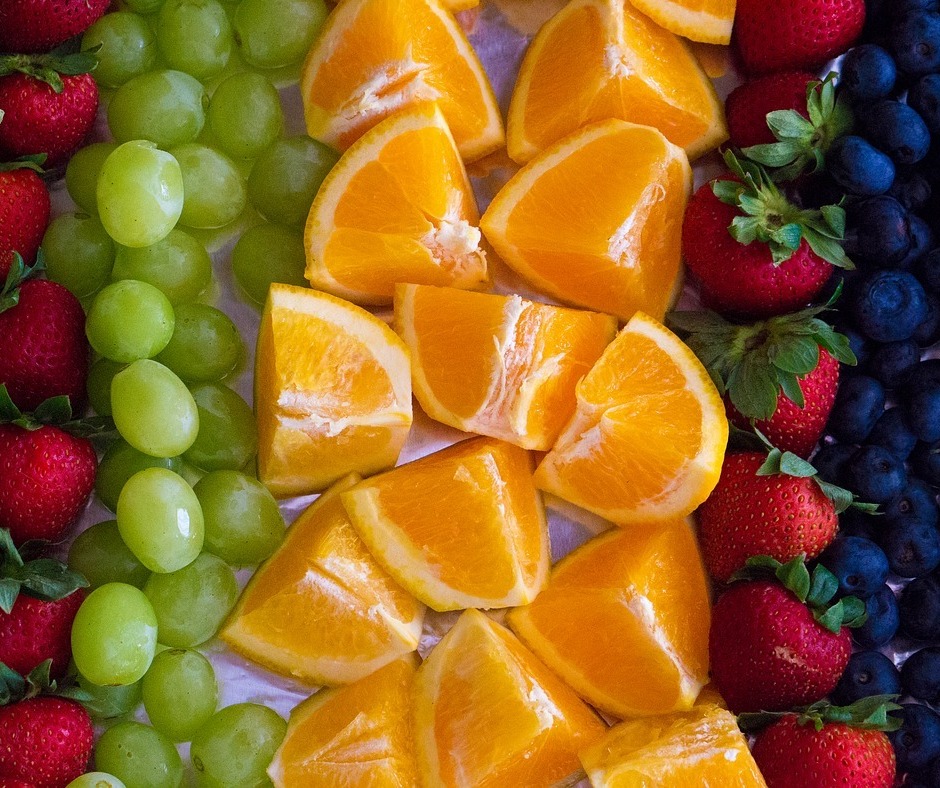
Essential vitamins and where to find them
Are you getting all the nutrients you need? Here we tell you which vitamins are essential for your body and in which foods you can find them.
Reading time: 4 minutes
Vitamins are nutrients that our body needs to develop and function properly. However, not all of them can be synthesized naturally, so it is necessary to consume them through a balanced diet.
If you recently became aware of your overall health, it is important for you to know which vitamins cannot be left out of your diet:
Magnesium:
This mineral has several functions, including helping muscles and nerves function and regulating blood pressure. You can find magnesium in pumpkin seeds, almonds, roasted cashews or peanuts, and boiled spinach.
Iron:
The main function of iron is to transport oxygen through the blood from the lungs to the rest of the body. The best sources of iron are beans and lentils, plus dark leafy greens.
Calcium:
Despite having other functions, calcium is popular for its role in maintaining bone health. In addition to dairy, you can find calcium in leafy green vegetables such as kale and spinach.
Vitamin C:
This nutrient is one of the essential vitamins as it is responsible for tissue repair and the production of certain neurotransmitters. Although the most popular sources of vitamin C are citrus fruits, it is also found in large amounts in onions, peppers and kiwis.
Vitamin B12:
This vitamin functions in the production of red blood cells. You can find it in clams, beef liver, fish, red and white meats, eggs, milk and other dairy products.
Omega 3:
Omega 3 fatty acids reduce the risk of cardiovascular disease and promote skin health. They are found primarily in fish and other seafood, such as shrimp and oysters.
Vitamin D:
Vitamin D is one of the essential vitamins for bone health as it promotes calcium absorption. Although there are few foods that contain vitamin D naturally, you can find it in fatty fish, beef liver and some mushrooms. In addition, there are cereals and milks that may be artificially fortified with this vitamin. Finally, the skin produces vitamin D naturally when exposed to sunlight.
Co-Q10:
This enzyme, which is naturally produced in the body, acts as an antioxidant. It also helps regulate blood sugar levels, benefiting your heart health. You can find it in bovine organs such as liver and kidney, meats, fatty fish and some vegetables such as spinach, broccoli and cauliflower. For an extra boost of antioxidants, we recommend Co-Q10.
Vitamin A:
Vitamin A is one of the essential vitamins during pregnancy as it is necessary for fetal development. It also impacts cell growth, immune function and vision.
To obtain the benefits of all these vitamins and minerals it is important to have a varied and balanced diet, however, it may be complicated to consume the recommended daily amount of all these nutrients through food alone. A good idea is to complement your diet with a dietary supplement to help you achieve an optimal level of nutrition. Multivitamins that provide you with nutrients and energy, such as Super High Potency or Rigoton, can be your greatest allies.
We hope this information helps you plan a diet that keeps you nourished and healthy!


